
Energy sector leaders, policymakers and investors will converge in Accra this morning for a high-level roundtable on building a self-sustaining and resilient power sector for Ghana over the next decade.
The meeting, convened by Business & Financial Times (B&FT) in partnership with Fidelity Bank Ghana and Arthur Energy Africa, precedes the 14th Ghana Economic Forum (GEF) scheduled for later this month. It aims to address the persistent inefficiencies, debts and reliability challenges that continue to burden the country’s electricity value chain.
Held under the theme ‘Powering Ghana Forward: Strategising for a Self-Sustaining & Resilient Power Sector in 10 Years’, the closed-door discussion will gather about 50 participants including senior government officials, regulators, independent power producers, financiers and representatives from civil society. The outcomes are expected to inform the energy session at the main forum and contribute to a policy brief for the Ministry of Energy.
“The Energy Roundtable is about creating alignment where it matters most; that is, between policy, finance and technical execution,” said Chief Executive Officer-B&FT Dr. Godwin Acquaye .
“We cannot keep diagnosing the same problems every year. This platform is designed to translate expertise into measurable action; because without a reliable power sector, every other pillar of economic growth remains unstable,” he added.
This comes as Ghana’s power sector remains under financial strain despite sufficient nominal capacity.
Data from the Energy Commission show that as of mid-2025, the country’s total installed generation capacity stood at about 5,260 megawatts (MW) with dependable capacity of roughly 4,855 MW. Peak demand this year is projected at 4,125 MW, leaving a notional reserve margin of around 18 percent.
However, technical constraints and fuel supply shortfalls have reduced available generation to levels well below that figure. Analysts warn that “installed capacity” no longer reflects operational reality. Chronic payment arrears to independent producers, estimated at more than US$1.5billion, continue to undermine confidence and investment in the sector.
While the cedi’s recent appreciation and improved macroeconomic indicators have eased short-term pressures, stakeholders argue that deeper reforms are required to stabilise the electricity market. These include improving cost-recovery through transparent tariff adjustments, addressing inefficiencies in distribution and accelerating the shift toward renewable energy.
The nation’s generation mix remains dominated by thermal power, accounting for nearly two-thirds of output with hydropower contributing most of the rest.
Renewables, including solar, wind and small hydro, still make up less than one percent of total supply, despite government commitments to increase their share. The Energy Commission’s 2025 outlook identifies renewables and embedded generation as critical to diversifying the country’s energy base and reducing fuel import dependence.
Experts say that building resilience will also require modernising the national grid, reducing technical losses and introducing innovative financing instruments to attract private capital.
They insist that the sector cannot continue relying on emergency measures and short-term bailouts, while calling for predictable policy, credible repayment structures and accountability in planning.
The roundtable will also examine how energy-reliability affects broader economic performance. Current estimates put the cost of power shortages between two and four percent of GDP each year. In Ghana, energy consumption per capita has grown by almost 40 percent over the past decade on account of a rapid urbanisation and industrialisation.
Organisers say today’s dialogue is intended to move beyond diagnosis toward consensus on measurable priorities.
“This is not about another report after the discussions. It is about setting realistic targets that can survive political cycles and build a foundation for growth,” Dr. Acquaye further stated.
By end of the session, participants are expected to outline a framework for tracking progress in areas such as grid reliability, debt reduction, renewable integration and cost-reflective pricing.
The Energy Roundtable is expected to set the tone for Ghana Economic Forum 2025, which will explore strategies for sustaining the country’s economic recovery and enhancing competitiveness across key sectors including energy, finance and manufacturing.
The post Energy leaders to chart path for sustainable power sectorat pre-GEF roundtable appeared first on The Business & Financial Times.
Read Full Story

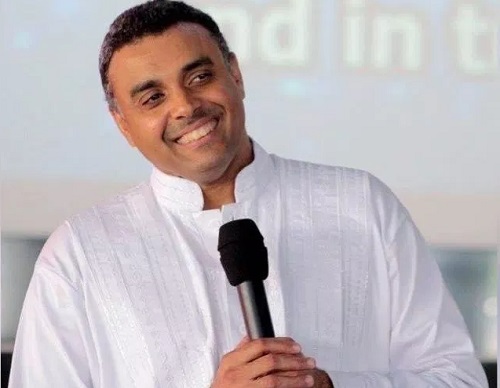


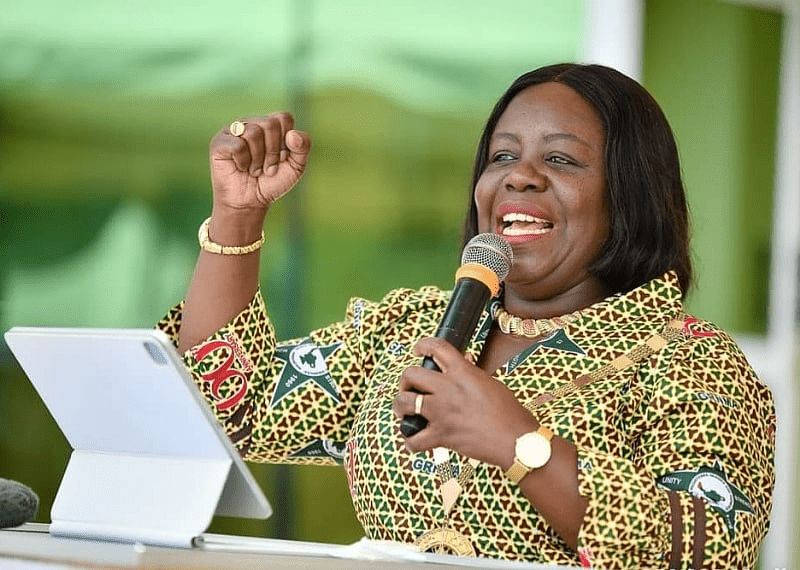

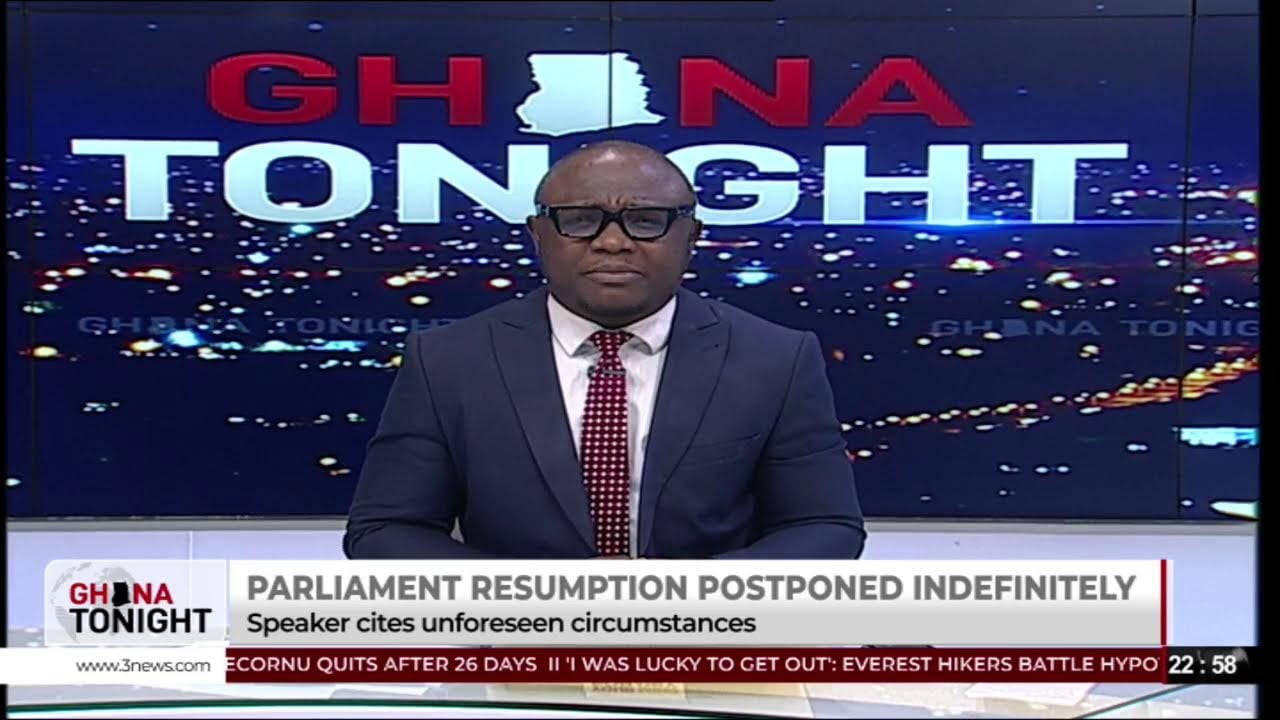
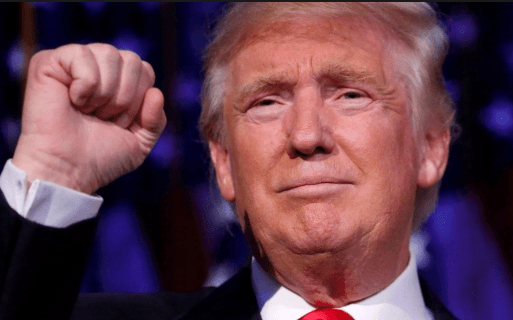

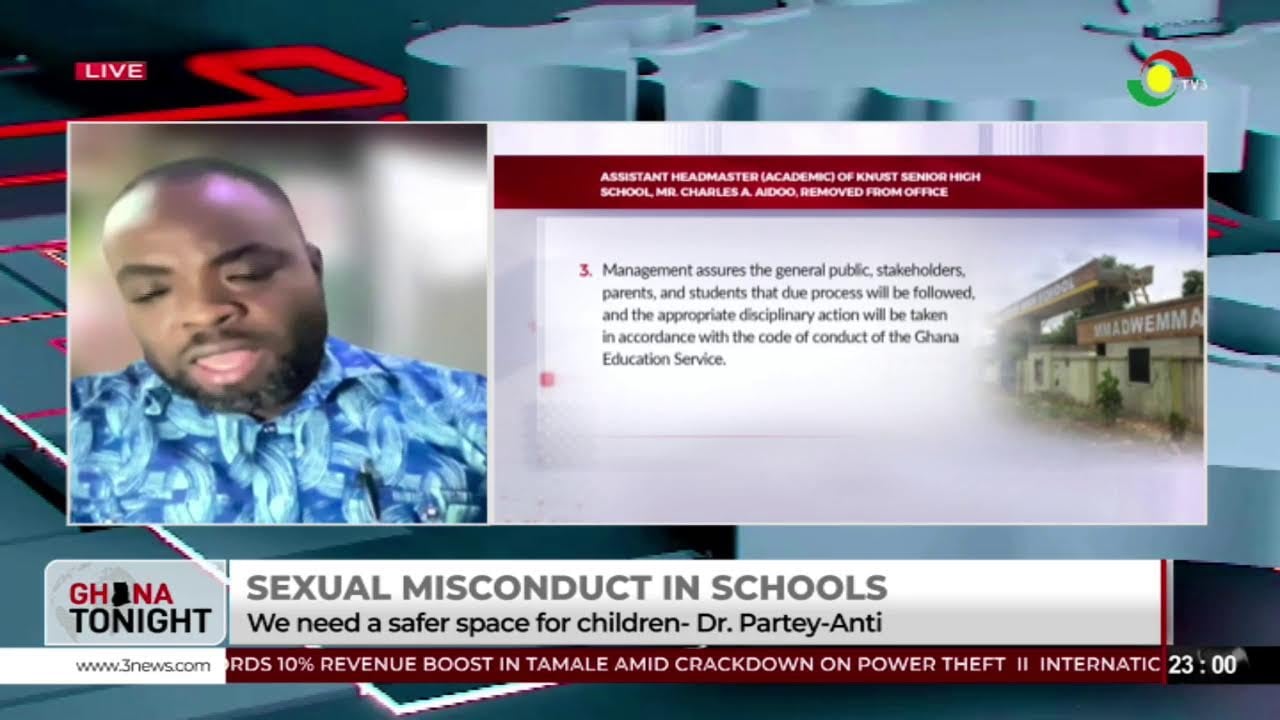








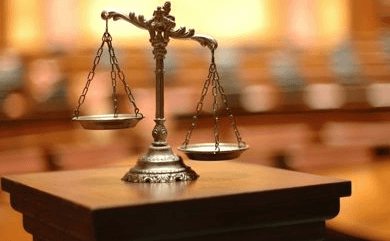

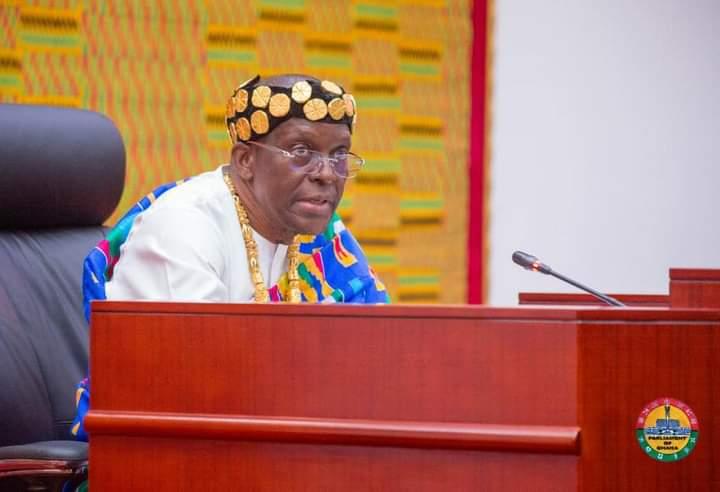
Facebook
Twitter
Pinterest
Instagram
Google+
YouTube
LinkedIn
RSS